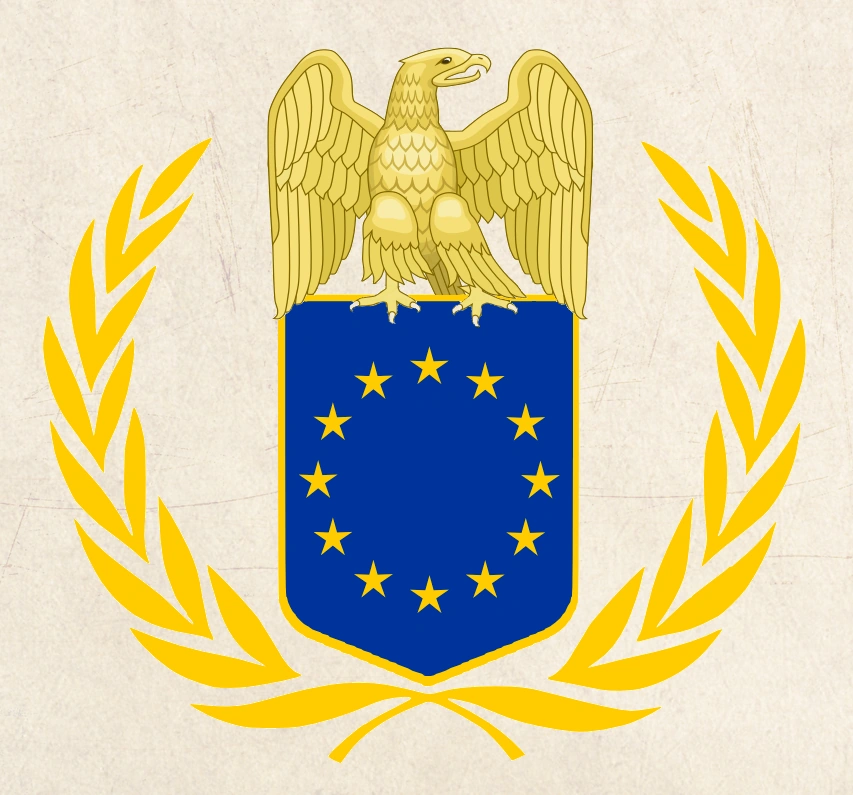EU

“You are more than your myths. But to be the hope that the rest of us outside of Europe need, you must come to terms with history. The idea that Europe is a group of nation states that chose integration is a fatal myth. It is killing the future.
The European Union is the creation of failed or failing European empires. At the beginning is Germany. The Germans were defeated in 1945 after the most decisive and most catastrophic war of colonialism of all time. We remember it as the Second World War. Italy in 1945 also lost a colonial war in Africa and in the Balkans. Not long after, in 1949, the Netherlands lost a colonial war in the East Indies. Belgium lost the Congo in 1960. France, having been defeated both in Indochina and Algeria, makes a decisive turn to Europe in the early 1960s. … These are the powers that initiated the European project. None of them were nation states at the time. None of them had ever been nation states.
The same is true for the countries who first joined the European Union. …
When the European Union admitted east and central European states … it provided a home for the states that were created after the First World War …: Austria, Czechoslovakia, Poland, the Baltic States … All six of them ceased to exist soon after. The history of nation states in Europe tends to be nasty, brutish and short.
The European Union today is an assembly of two kind of states: those that used to be at the centre of empires, and those that were on the periphery. In both cases, the question of what to do after empire has been answered – and then forgotten. …
Your myth that you as nation states came together turns your head away not just from the responsibility for imperialism, but also from the scale of your own achievement in recovering from empire. The story of the end of empire is not usually one of the affirmation of sovereignty and the rapid recovery of prosperity.
The European story is nice. It’s a nice story about innocent, small European nation states who, in their nice little way, realized that economic interests united them. It’s a nice story but it’s not history. The history of the twentieth century is that European powers, which had dominated the world for the previous half millenium, found themselves forced to pull back to Europe, where they created something new. …
It is not visible from inside but is very clear from the outside that the European Union strengthens the European state. The debate about sovereignty inside the European Union makes no sense. There have never been so many European states lined up next to each other, ever. The reason why they are so strong internally and externally is precisely the European Union.
It strengthens its members by making the maintenance of welfare states easier here than elsewhere. As an American, this is something I would like to report. One does notice the difference.
The European Union also protects the state externally: it is the most powerful buffer against the forces of globalisation that exists in the world. If you want to feel the difference, leave the European Union.
That was a rhetorical statement. Do not leave the European Union!
… Isn’t it interesting that you have enemies? And isn’t it interesting that they are always the defenders of a completely untenable status quo? Behind your enemies are the imperialists of an exhausted earth.
You have enemies because you have a future. Your enemies try to take your future away. Have you noticed how the future has almost disappeared from the horizon of politics? This is not an accident.
All your enemies – the Russian ones, the American ones, the Chinese ones, the ones whose sponsorship we don’t yet know – always attack you at your weakest point: your myth. They always attack your idea of nation states. They affirm your weakness and irresponsibility by affirming your comfortable myth. They see your vulnerability even if you don’t see it yourself.
This is where I’m going to conclude. You, Europeans are responsible of where memory goes. Memory of war, Holocaust, and European integration can tend towards reasserting a myth about small, innocent nation states that bear little responsibility for the past or for the future. Or memory can flow into history in which you ran the world for half a millennium, created something new in the second half of the twentieth century and now bare particular responsibility for how things turn out in the twenty-first.
In the three critical questions – of ecological panic, state destruction, and dehumanization – the European Union has more power than any other entity at this particular moment in time. You can follow the myth into a past that wasn’t, or you can follow the history into a future, which is uncertain, but is at least real. The myth will lead you into comfort, then fragmentation and humiliation. The history will lead to pain, but it will also lead to responsibility and power.
Schuman spoke of a living Europe: ‘Une Europe organisée et vivante.’ He spoke of a Europe that would create: ‘Une Europe créateur.’ Schuman spoke of Europe that could serve the peace of the rest of the world. And as a non-European, asked to address Europeans, this was for me especially significant.
You are more than your myths. For those of us on the outside, you are also a source of hope about the future.”
aus: Timothy Snyder, Judenplatz 1010, A Speech to Europe, 13.5.2019, im Internet.
Abb.: Scopatore: European_Empire_Coat_of_Arms, althistory, im Internet.
08/23
Leave a Reply
You must be logged in to post a comment.